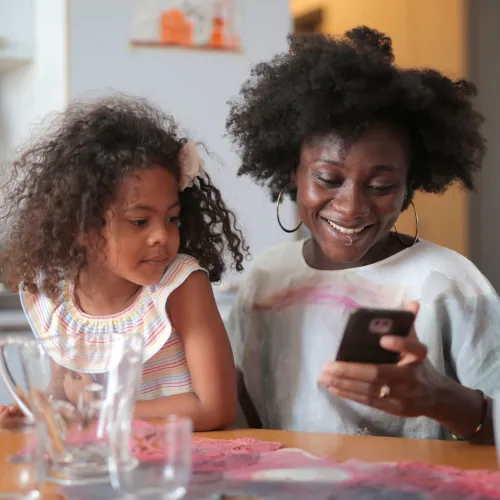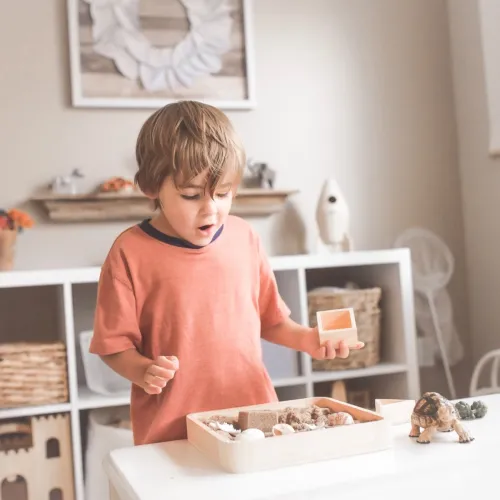5 Reasons to Pursue Divorce Mediation Over Divorce Litigation

Divorce is a painful experience that can often become adversarial. Yet despite what we see every day in media and pop culture, divorce can be a less stressful and relatively painless experience. But achieving that assumes you and your spouse are on the same page regarding the broad strokes of what will happen when the divorce is finalized.
In divorce mediation, both parties sit down with a third-party mediator to reach an agreement regarding childcare, distribution of property, and what will happen with shared assets, debts, and liabilities. The mediator is there to guide parties to agreements and away from antagonistic situations. This is just one of the many benefits that come with hiring a divorce mediator. Read on for five more reasons that make divorce mediation a good alternative to traditional divorce litigation.
Save Money
With a traditional divorce, both parties will usually retain lawyers, which can end up costing tens of thousands of dollars. Considering all aspects of a traditional divorce—discovery, trials, phone calls between lawyers, and the countless delays that occur in divorce court—there is a lot you’ll end up paying for, and it won’t be cheap. With divorce mediation, parties will bypass most of the things you pay for in divorce proceedings. Paying a combined fee, co-parents will typically be able to wrap up mediation cleanly for a few thousand dollars.
It’s Better For Your Kids
If a custody battle ensues, your children will be the ones who suffer. As hard as a divorce can be for a married couple, it can be even more difficult for children who do not fully understand what is happening. With divorce mediation, you and your spouse will determine what is best for your children without needing the courts to decide for you.
Save Time
Not only do traditional divorce proceedings cost way more money, but they will also eat up significantly more time than divorce mediation. A normal separation settlement can take years, whereas reaching agreements with a mediator can wrap up the entire process in just a few months. Your time is valuable, so don’t get caught up in a lengthy divorce case.
You Have Control
With a traditional divorce, many decisions will be left in the hands of the court. You have very little control in this situation. But with divorce mediation, both parties have input on what the settlement will be. Many people are more willing to work collaboratively on a mediated settlement since the terms aren’t forced on them by a judge. Having control over the situation also reduces the amount of stress that comes with divorce.
Maintain Your Privacy
Traditional divorce cases can impact not only you and your spouse, but also your kids, friends, family, and even your work. It can become a very unpleasant and public affair. Divorce mediation can help to mitigate these factors by being performed by one experienced mediator within a private location.
Should You Choose Mediation?
Whether you’re deep into your divorce or just beginning to discuss the possibility, you can always consider divorce mediation as an option. You can use mediation for specific issues that may arise, such as parenting and visitation, even if you don’t use it for all the other aspects of divorce.
Author's Bio:
Casey Wagner is a copywriter for A Better Solution: NJ Divorce/Separation Mediation by Steven B. Menack, ESQ., APM. Steven B. Menack is a highly experienced, fully accredited NJ divorce mediator and divorce attorney that specializes in divorce mediation and legal separation services.
NOTE: Many state and federal laws use terms like ‘custody’ when referring to arrangements regarding parenting time and decision-making for a child. While this has been the case for many years, these are not the only terms currently used to refer to these topics.
Today, many family law practitioners and even laws within certain states use terms such as ‘parenting arrangements’ or ‘parenting responsibility,’ among others, when referring to matters surrounding legal and physical child custody. You will find these terms as well as custody used on the OurFamilyWizard website.



